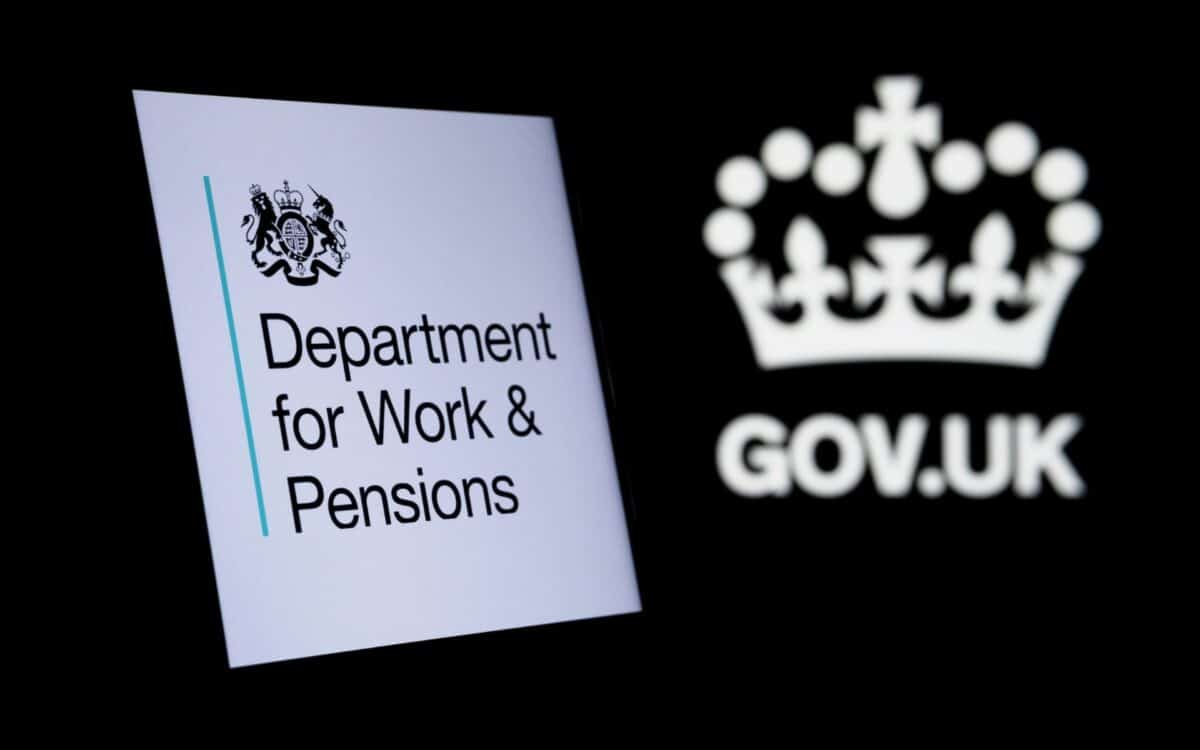More than 600,000 Universal Credit claimants had their benefits cut or stopped over the past year, as the Department for Work and Pensions (DWP) increased its use of sanctions. The latest figures reveal that in the year leading up to October 2024, the DWP applied record levels of penalties, with over 61,500 claimants sanctioned in a single month. The strict enforcement measures come as the government reviews the welfare system, raising concerns that benefit eligibility could become even more restrictive.
Why Have So Many Claimants Been Sanctioned?
According to Birmingham Live, benefit claimants can be sanctioned for failing to meet certain conditions, such as not actively looking for work, refusing job offers, or missing mandatory appointments with job centre work coaches. The majority of those affected—551,790 people—lost benefits due to missed job centre interviews, highlighting the strict requirements placed on claimants.
Sanctions are designed to encourage engagement with the system, ensuring that individuals are making efforts to find work. However, critics argue that the harsh enforcement approach could disproportionately affect vulnerable claimants, particularly those facing health issues, caring responsibilities, or difficulties accessing job centre appointments.
The Breakdown of Sanctions
The data reveals that claimants were penalised for a variety of reasons, with some facing complete benefit stoppages while others saw reductions in their payments. In addition to those sanctioned for missing job centre appointments:
- 24,870 claimants were sanctioned for refusing to work when suitable jobs were available.
- 15,340 had their benefits cut for not attending employment programmes designed to help them find work.
- 8,400 lost payments for failing to provide a valid reason for leaving a previous job.
With the sanction rate reaching its highest-ever level in October 2024, concerns have been raised over whether benefit claimants are being penalised too aggressively. The government maintains that sanctions are necessary to ensure compliance, but welfare organisations warn that thousands of households may be left struggling as a result.
Government Review of Welfare System
The surge in sanctions and payment cuts comes amid a wider review of the welfare system, with the government considering tighter benefit eligibility rules. While officials argue that stricter enforcement helps reduce long-term unemployment, others fear that the current approach may push vulnerable individuals further into poverty.
Campaigners have called for a fairer approach to benefits enforcement, suggesting that support and guidance should take precedence over punitive measures. However, the DWP insists that benefit claimants must engage with job-seeking requirements to continue receiving financial assistance.









